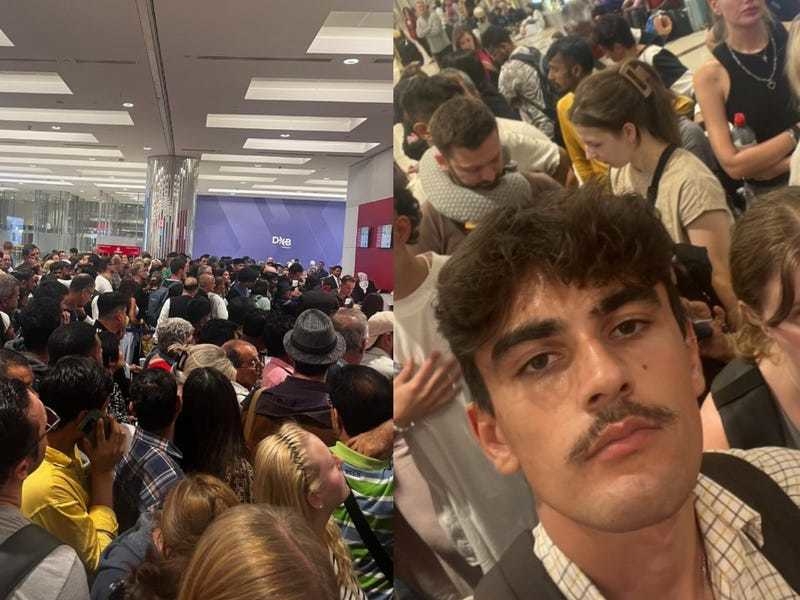Consumers could be hit by rising prices and slower deliveries unless non-graduate European Union nationals are allowed to work in Britain’s retail industry after Brexit, the British Retail Consortium has warned.
The BRC highlighted figures showing EU nationals account for 6% of the retail industry’s workforce with 170,000 employees, but said they are concentrated in certain areas of the country and in warehousing and distribution jobs.
Its annual workforce survey showed more than half (56%) of retailers said their EU colleagues were worried about their right to remain in the UK.
And nearly a quarter (22%) reported that staff had already left the country’s workforce.
The BRC said any reduction in the availability of skills and workers through the ending of free movement for EU nationals could lead to higher employment costs for businesses.
A welcome glimmer of reassurance from the PM to EU nationals working in the UK, amidst the drama #CPC17 https://t.co/RxwfMOMPJG pic.twitter.com/Pwyq9kRbBR
— BRC (@the_brc) October 4, 2017
This could affect consumers “from the service delivered in a store to next day delivery of an online order, from the latest developments for your mobile phone to the prices of what you buy”, the BRC said.
It said EU nationals must be given clarity on the practicalities of applying for settled status in the UK and the cut-off date must be aligned with the day the UK leaves, arguing ongoing uncertainty “is not right”.
Post-Brexit, retailers should have access to non-graduate EU labour in a “demand-led” immigration system that does not require employer sponsorship.
Alongside this, the Government should invest in skills and give retailers more flexibility on the apprenticeship levy, the BRC said.
Helen Dickinson, chief executive of the BRC, said: “The UK’s decision to leave the EU has created uncertainty, not only for business, but for the people from the EU they employ.
“These are real people with families, livelihoods and homes in this country.
“It is not right that 16 months after the referendum these people still don’t have the security they need to continue their lives.
“And from our data it is clear that unless we have the right structures in place to support retailers attract, recruit and retain workers, consumers will soon start to see and feel an impact as they shop.”
“In the modern age, it’s not possible to ignore responsible retail.” Read our new blog on responsible retail here: https://t.co/RRftETWkff pic.twitter.com/J3YXhkYLWH
— BRC (@the_brc) October 4, 2017
John Hannett, general secretary of the Union of Shop, Distributive and Allied Workers (USDAW), said: “The retail and distribution sector is a big employer of labour.
“We agree with the BRC that there needs to be a focus on developing the skills of the UK workforce to meet the challenges ahead.
“But, going forward, the sector will continue to need EU workers to come and work in retail, distribution and food manufacturing.
“We need a debate, based on facts and evidence, as to what that post-Brexit retail sector will look like. I welcome the BRC report as a very positive contribution to that debate.”
A Government spokesman said: “After we leave the EU we will have an immigration system which works in the best interests of the UK. Crucial to the development of this will be the views from a range of businesses.
“We have asked the Migration Advisory Committee to assess the role EU citizens play in the UK economy and society.”
This process “will allow employers to submit their thoughts to an influential group of experts, independent of Government”.






